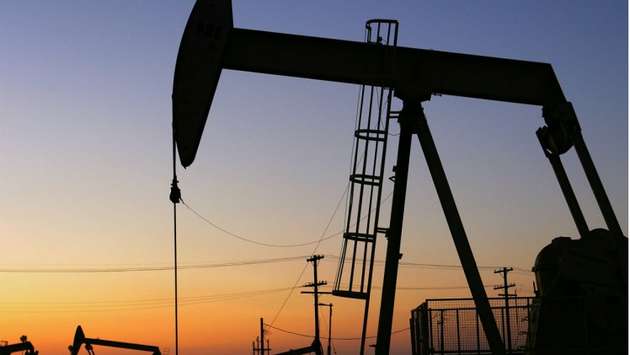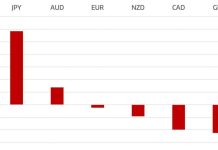Global stocks ended the week on a firmer note, as investors cheered on higher oil prices and the possibility the European Central Bank (ECB) will expand its stimulus measures for the Eurozone economy.
Asian markets traded sharply higher after a turbulent week wiped trillions of dollars off global equity values. Tokyo’s Nikkei 225 Index skyrocketed 941.27 points or 5.9% to 16,958.53. The benchmark gauge had entered into bear market territory earlier in the week.
In China, the Shanghai Shenzhen CSI 300 Index climbed 1% on Friday following back-to-back declines. In Hong Kong, the Hang Seng Index rallied 538 points or 2.9% after heavy losses in the last few days.
European stocks followed Asia’s lead on Friday. The Euro Stoxx 50 was up 3.4% before the end of the day. Stock indices in London and Frankfurt each rose more than 2.5%.
Wall Street also opened sharply higher, with the Dow Jones Industrial Average climbing more than 200 points. The industrial blue-chip posted a triple-digit advance on Thursday, but was still down more than 7% year-to-date.
Rising oil prices and European stimulus bets helped reverse a massive selloff in global equity prices on Friday. Oil prices surged more than 6% and were back above $31 a barrel at the end of the week.
ECB President Mario Draghi on Thursday announced that the Bank would revisit its policy agenda at its next meeting in six weeks’ time. Draghi reiterated that the ECB was under “no limits” to bring euro area inflation up to its target of around 2%.
Eurozone CPI inflation came in at a meagre 0.2% annually in December, official data confirmed earlier this week. According to analysts, the ECB has plenty of scope to increase both the size and duration of its monetary policy program.
The possibility of further monetary action by the ECB kept the euro muted on Friday. The EUR/USD exchange rate tumbled 0.4% to 1.0820 after briefly falling below 1.08 for a second consecutive day.
In economic data news, Eurozone growth cooled at the start of 2016, according to a flash composite PMI reading by market research group Markit Economics. The flash Eurozone PMI composite index fell to 53.5 in December from 54.3 the month before.
According to Markit chief economist Chris Williamson, “The survey data are consistent with GDP rising at a steady quarterly rate of 0.3-0.4% at the start of the year.”
The survey data showed that manufacturing output fell to an 11-month low in December, while services activity weakened to its lowest level in a year.
Tradersdna is a leading digital and social media platform for traders and investors. Tradersdna offers premiere resources for trading and investing education, digital resources for personal finance, market analysis and free trading guides. More about TradersDNA Features: What Does It Take to Become an Aggressive Trader? | Everything You Need to Know About White Label Trading Software | Advantages of Automated Forex Trading












































